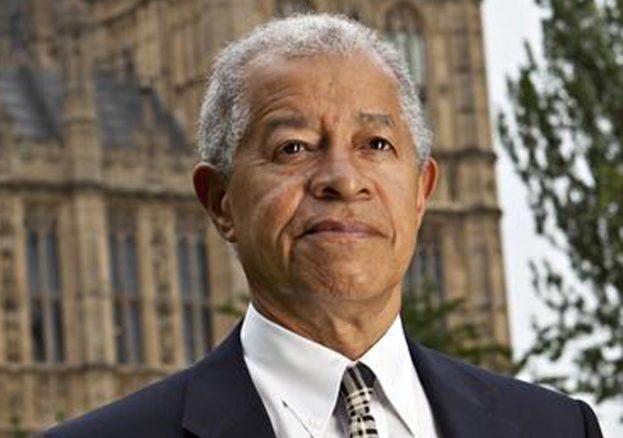
I was aware that I had a right to be here and an entitlement to exist. Now, I had to develop an awareness of the reality of race hatred, based on ignorance, perpetuated by adults, unlike the children, who indulged in daily name-calling abuse without any awareness of the significance of their actions.
The adult abusers were ignorant about the historical Black presence, Black people’s contributions to the war efforts and also their role in the development of GB. They also were ignorant about their prejudices, bias and race hatred of other people, who had darker skin than themselves. I was left traumatised, temporarily, but scarred forever in the realisation that this was NOT My country. I was uninformed and ignorant about the historic Black presence and contributions to GB. I had to learn quickly about the facts of bias, misinformation, prejudice, racism and, discrimination and exclusion. It has proved to be a long learning curve that never ends. It has been, and still is an even more hurtful experience for Black people who were born here but discouraged from feeling that they belong in Britain.
Nowadays, we are better informed and educated about Black history. Our knowledge has been enhanced by enlightened work and publications from Black and White educationists and researchers who have provided us with the facts and truth, previously denied, about the Black presence and contributions to British society. We are, as a diverse multi-ethnic society, better equipped with such knowledge of Black history, heritage, achievements, contributions to be able to possess the feelings of belonging here in Britain with pride and entitlement.
Yet, there are still fears and hostility. We are all, to some extent, still biased and prejudiced, some more than others, and too many people are driven by the hate they hold for people who are not like themselves. Vigilance and resilience are needed by all racial minorities and all other vulnerable groups of people in Britain, to cope with economic, social, mental and physical pressures. When politicians and others talk insensitively about “taking our country back”, controlling “our” borders and “putting OUR people first,” it generates insecurity and fears. It resonates with the negative and discriminatory attitudes of the first Elizabethan period when Elizabeth1, in the 17th century, declared that there were “too many Blackamoors on the streets of London” and they should be instantly removed from “our shores”.
Black History Month is essential in promoting learning, providing information and contributing to community cohesion. For the past 30 years it has shone, and continues to shine, a beacon of light on the facts about Black history, heritage, legacy and the on-going struggles for equality and justice. More than that, it educates, informs and inspires us each day of the year to be proud of who we are and to understand our history, our origins, why we are here and our right to stay and exist as equals.
